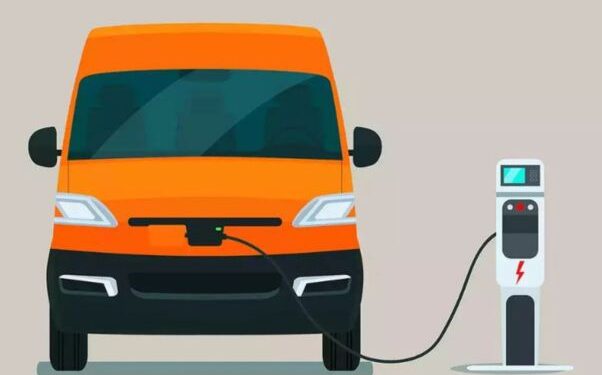Greaves Cotton’s finance subsidiary, Evfin, wants to increase the number of subsidized electric two-wheelers in its portfolio from the 12,000 or so that it currently has to 500,000 over the course of the next five years.
In keeping with India’s broader push for greener transportation options, evfin intends to serve up to 80% of the EV two-wheeler finance market by growing from its existing presence in 42 locations to 150–160 cities.
The timing appears to be perfect given how rapidly India’s EV sector is expanding. Currently, about 8% of all two-wheeler sales are electric, and as infrastructure and consumer acceptability improve, this figure is expected to rise.
According to P. B. Sunil Kumar, CEO of Greaves Finance, evfin’s strategy emphasizes a variety of services that distinguish it from competitors such as banks and traditional non-banking financial companies (NBFCs). Since its launch in 2019, Evfin has transformed from an advisory model to a full-service financial platform that currently provides, among other things, charging solutions, insurance, and after-sales services.
EVFIN introduced several financing alternatives in response to consumer concerns around EV ownership, including EcoFin, a regular financing option, ZipFin, which offers low-interest, short-term loans, and SmartFin and RightFin, which offer repurchase choices for consumers concerned about resale value. Kumar noted that these solutions provide consumers with flexibility and financial stability in an attempt to boost trust and encourage EV adoption.
The streamlined digital finance strategy is a fundamental element of Evfin’s growth plan. The technology enables loan approvals in as little as 2.5 minutes, while loan payments take place in 4–5 hours. “The faster turnaround is the key,” Kumar said, underscoring the importance of speed in attracting business. Evfin has disbursed loans totaling over Rs 100 crore since its rebranding in 2023, and it currently manages assets at over Rs 150 crore.
Compared to the industry average of roughly 15%, Evfin’s “bounce rate,” sometimes referred to as the missed payment rate, is less than 5%. Because of this, conservative investors find it more tempting. Additionally, evfin’s lending rate is lower than the industry average of 19–21%, with an internal rate of return (IRR) of about 16.7%. This attracts budget-conscious customers without lowering the caliber of their credit.







